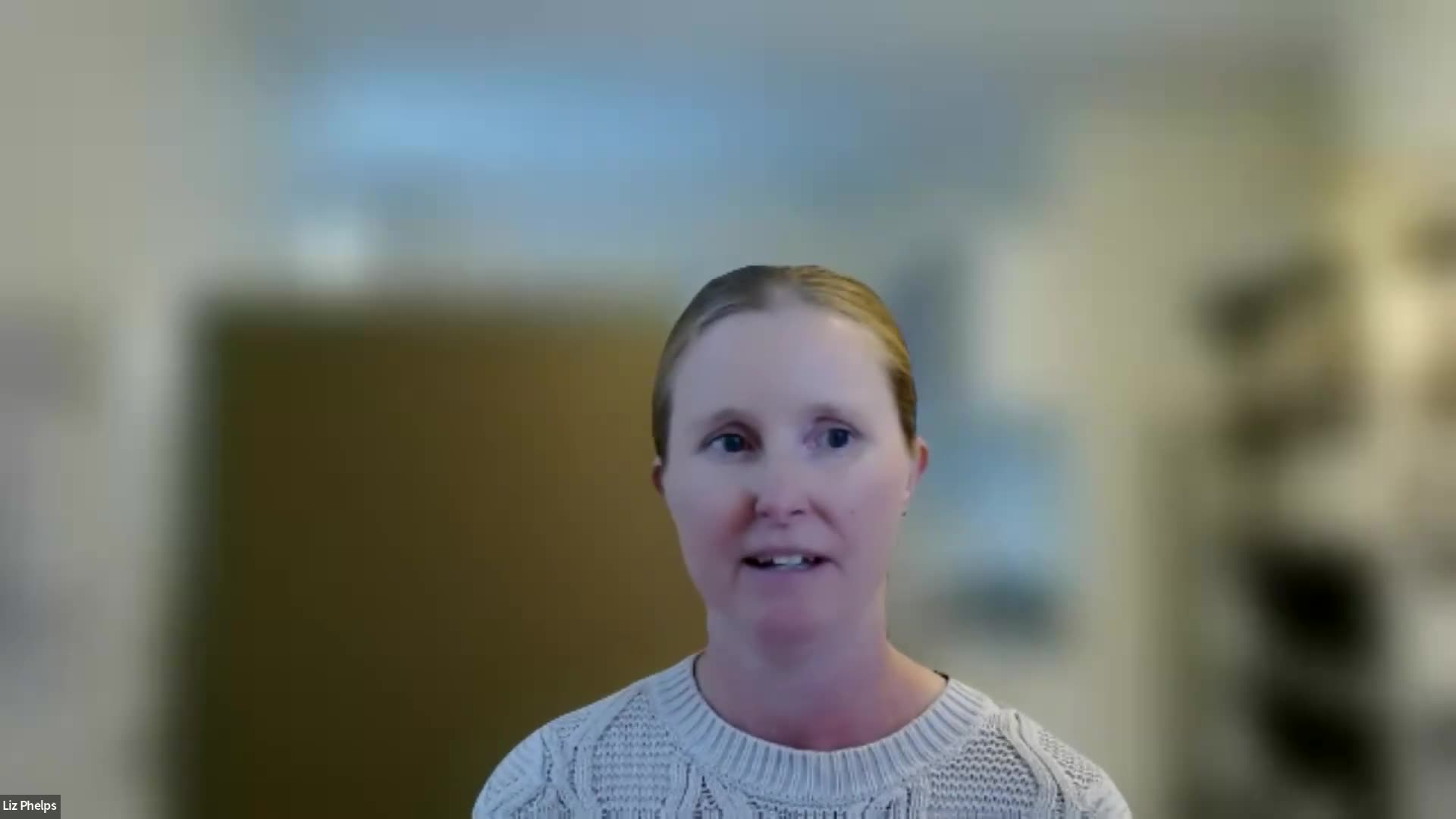Coastal resilience advisory committee agrees on site-specific protocol for regulatory referrals
Get AI-powered insights, summaries, and transcripts
Subscribe
Summary
The Coastal Resilience Advisory Committee on Oct. 28 agreed to develop a standard protocol to respond when regulatory boards and town departments seek the committee—s advice on coastal-resilience issues.
The Coastal Resilience Advisory Committee on Oct. 28 agreed to develop a standard protocol to respond when regulatory boards and town departments seek the committee—s advice on coastal-resilience issues.
Committee members said their guidance should be site-specific and explicitly advisory, not regulatory. "I think if we focus on recommendations or just like things we want to make, if anything comes up ... First, of all, we support the findings of the Nantucket conservation commission," Sarah Boyce said, urging the committee to avoid contradicting ConCom rules while adding projection-based guidance and future-facing considerations drawn from the Coastal Resilience Plan (CRP).
Why it matters: the committee has been asked by the Conservation Commission to weigh in on individual applications — for example, a recent referral for 92 Washington Street — and members said a repeatable, concise protocol will make those referrals clearer for applicants, the ConCom and the public.
What the protocol will include: members and staff identified a consistent checklist of items to include in packets for any referral. Leah Hill, the town—s coastal resilience coordinator, summarized the components she will draft: support for ConCom findings where applicable; direct citations to CRP passages that reference the property; notes on nearby resilience projects that could affect the site; homeowner best-practice guidance; questions about beach access and required stairways; and MCFRM (Massachusetts Coastal Flood Risk Model) projection notes. Leah said she will add relevant CRP page references and images (for example, projected flood-depth maps) to each packet when a referral arrives.
Committee cautions and scope limits: several members stressed the committee must avoid providing regulatory determinations. "We're not regulatory," Liz Phelps said. Jen Carberg and others repeated that the committee—s recommendations should be grounded in the CRP and framed as supplemental to ConCom reviews. Gary Beller cautioned the committee from becoming the default reviewer for every ConCom application, saying he hopes requests will be limited rather than routine.
Next steps and timeline: Leah Hill will convert the discussion points into a draft checklist and a template referral letter to be included in future meeting packets. The draft will be distributed to committee members for review before it is finalized. The committee also asked staff to make site-specific CRP excerpts part of the meeting materials for any future referral to speed discussion and produce more useful, consistent advice.
Provenance: Topic introduced at 07:12 and discussion closed at 18:40 in the meeting transcript (see transcript excerpts).
